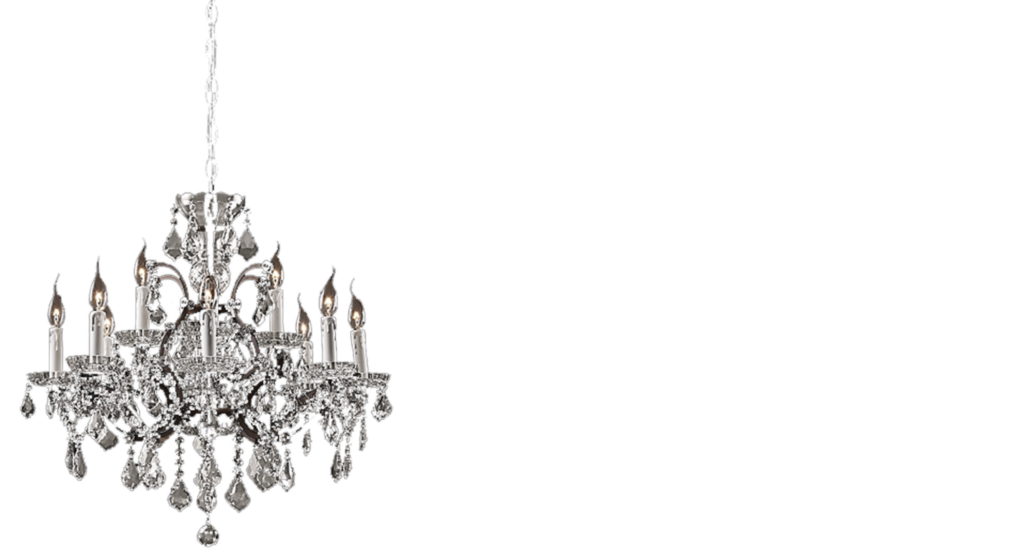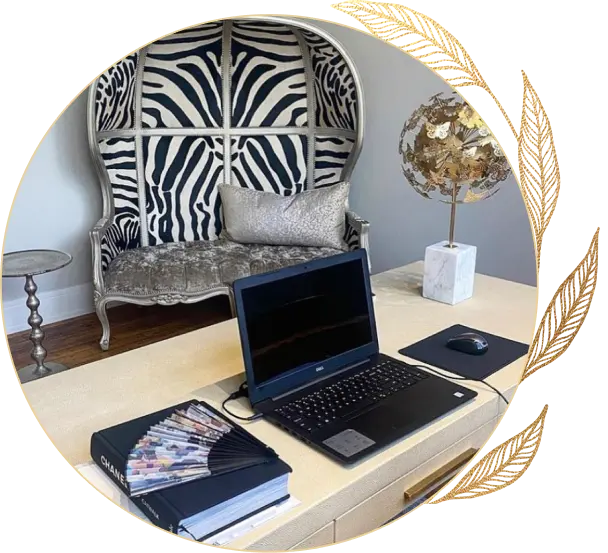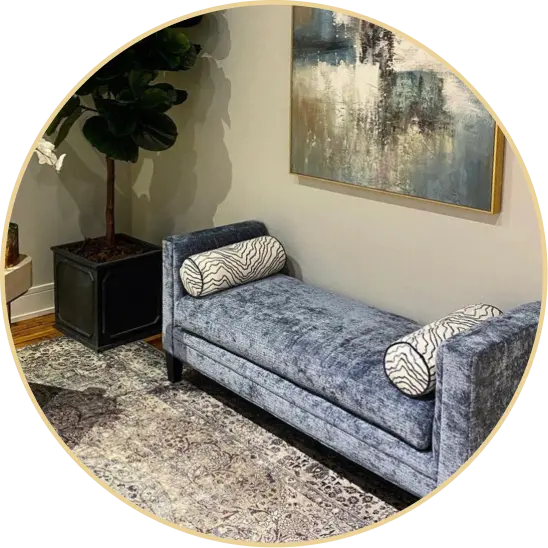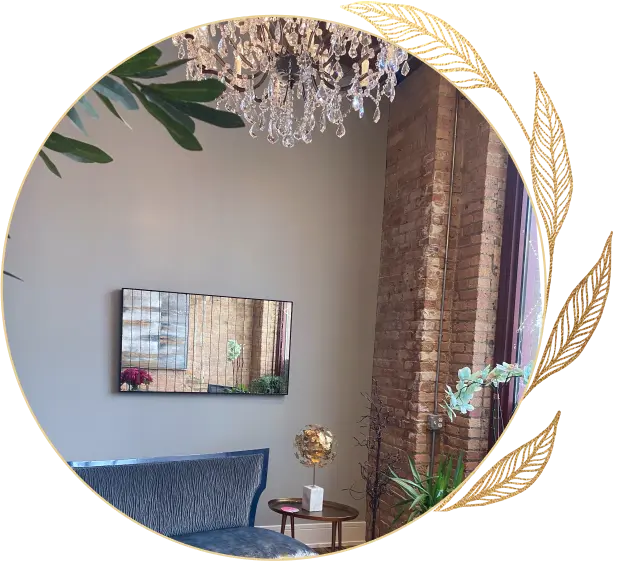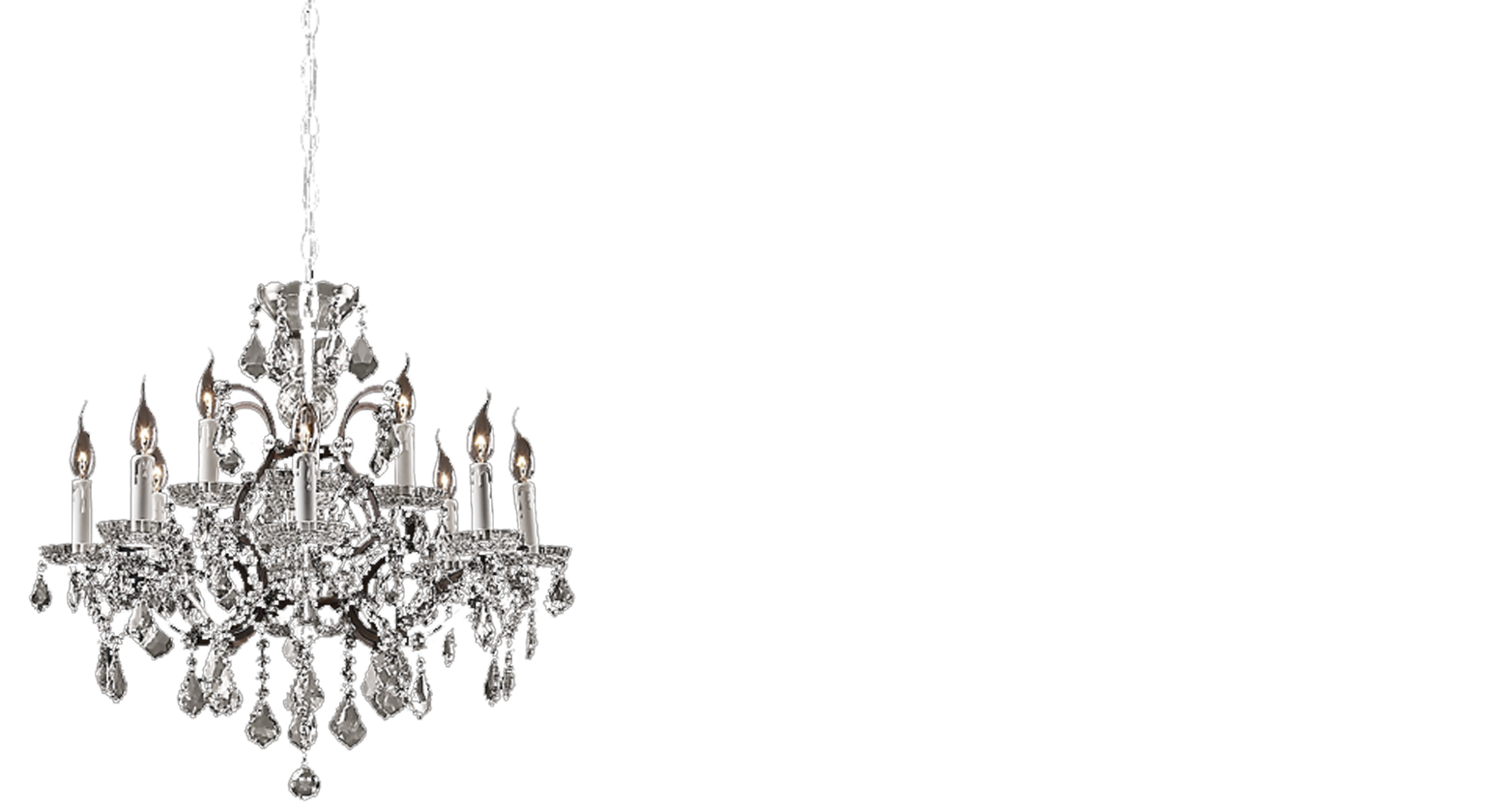Nighttime depression, a phenomenon where feelings of sadness and hopelessness intensify as the evening progresses, is a common experience for many. Several factors contribute to this worsening of mood during the night. One key reason is the body’s circadian rhythm, which regulates the sleep-wake cycle and affects overall mental health. As natural light exposure decreases and the body prepares for rest, certain physiological changes occur, including a rise in melatonin production. This shift can lead to heightened awareness of negative thoughts, rumination, and feelings of worthlessness.
In addition, the lack of distractions during the evening often gives way to rumination, a pattern of repetitive negative thinking that can exacerbate feelings of sadness and anxiety. For individuals dealing with mood disorders like major depressive disorder or bipolar disorder, these nighttime moments of reflection can intensify symptoms of depression. Understanding the connection between sleep patterns, mental health conditions, and depression symptoms is essential in addressing the unique challenges that nighttime brings to mental well-being.
What is Nighttime Depression?
Nighttime depression refers to a pattern where feelings of sadness, hopelessness, or despair become more pronounced in the evening or nighttime hours. This condition is often linked to disruptions in the circadian rhythm, the body’s internal clock that regulates the sleep-wake cycle. People experiencing nighttime depression may notice that their low mood worsens as the day ends, leading to an increase in rumination, where negative thoughts spiral out of control. This can disrupt sleep and exacerbate the symptoms of depression, contributing to a cycle of sleep disturbances and poor sleep quality.
For many, nighttime depression is also tied to the absence of daily distractions, which can make feelings of worthlessness or anxiety more difficult to ignore. The quietness of night, combined with blue light exposure from screens, can disrupt melatonin production and contribute to sleep problems, further affecting mental health. This condition may also occur in people with underlying mood disorders such as major depressive disorder, bipolar disorder, or seasonal affective disorder, and it often requires targeted treatment to help restore well-being and improve overall mental health.
Possible Symptoms of Nighttime Depression
Nighttime depression can manifest through a variety of symptoms that tend to worsen as the evening progresses. These symptoms are often linked to an individual’s overall mental health and can be exacerbated by factors such as poor sleep quality, rumination, and changes in circadian rhythm. Recognizing these symptoms is an essential step in understanding and addressing nighttime depression.
Common symptoms of nighttime depression include:
- Increased feelings of sadness or low mood in the evening
- Heightened negative thoughts or rumination
- Difficulty falling or staying asleep (sleep disturbances)
- Feelings of worthlessness or hopelessness
- Increased anxiety or restlessness at night
- Difficulty concentrating or feeling overwhelmed by negative emotions
- Physical symptoms such as fatigue or tension
- Feeling more isolated or detached from others at night
- Worsening of symptoms of depression during nighttime
These symptoms not only affect the quality of sleep but also contribute to feelings of exhaustion and distress, often leading to a cycle of poor mental health and impaired well-being. If left untreated, nighttime depression can significantly interfere with daily life, increasing the risk of developing major depressive disorder or other mental health conditions. Seeking support from a mental health professional can help individuals find the right treatment options, including cognitive behavioral therapy (CBT) and lifestyle changes to promote better sleep and improve overall mood.
Who is Likely to Have Nighttime Depression?
Nighttime depression can affect anyone, but certain factors may make individuals more susceptible to experiencing worsening symptoms of depression in the evening. People with pre-existing mental health conditions, such as major depressive disorder, bipolar disorder, or anxiety disorders, are more likely to experience a significant dip in mood at night. These individuals may already struggle with mood disorders that disrupt their sleep patterns and make them more vulnerable to sleep disturbances and nighttime rumination.
Other factors that may increase the likelihood of nighttime depression include:
- Disruptions to the circadian rhythm due to irregular sleep schedules, shift work, or poor sleep hygiene
- Excessive use of screens and blue light exposure, which can interfere with melatonin production and delay sleep
- Individuals facing high levels of stress or emotional difficulties in their daily life, leading to overthinking and negative thoughts at night
- Those who experience seasonal affective disorder (SAD), where shorter days and longer nights contribute to feelings of depression
- People with sleep disorders such as insomnia or sleep apnea, which can aggravate feelings of exhaustion and low mood
- Use of certain medications, such as antidepressants or other drugs, that affect the sleep-wake cycle or cause sleep problems
Additionally, lifestyle factors such as poor sleep quality, lack of professional help or support, and unhealthy habits like excessive consumption of caffeine or alcohol can make nighttime depression more likely. It’s essential for those at risk to seek mental health care and adopt lifestyle changes that support better sleep and emotional well-being.
How Does Nighttime Depression Develop?
Nighttime depression develops gradually, often as a result of a combination of biological, psychological, and lifestyle factors. One of the primary contributors is the disruption of the circadian rhythm, the body’s internal clock that regulates the sleep-wake cycle. Irregular sleep patterns, exposure to blue light from screens, and poor sleep hygiene can all interfere with melatonin production, which helps the body transition to sleep. When this process is disrupted, it can lead to increased feelings of sadness and negative thoughts, especially during quiet evening hours when distractions are fewer.
Another factor in the development of nighttime depression is the habit of rumination, where individuals dwell on negative thoughts or stressors. As the evening progresses, this mental spiral can deepen feelings of hopelessness or anxiety, contributing to a worsening mood. People who already struggle with mood disorders, such as major depressive disorder or bipolar disorder, are more vulnerable to this pattern of thinking. Over time, this leads to a cycle of sleep disturbances and poor mental health, where lack of quality sleep exacerbates the symptoms of depression, and depression, in turn, makes it harder to get good sleep.
The development of nighttime depression can also be influenced by daily life stressors, significant life changes, or untreated mental health conditions. Without intervention, these factors can create a worsening pattern of depression symptoms, making it crucial to seek professional help early on. Cognitive behavioral therapy (CBT), lifestyle changes, and addressing sleep problems are often effective ways to interrupt this cycle and promote better mental health at night.
Treatments for Nighttime Depression
Treatments for nighttime depression focus on improving both mental health and sleep quality, addressing the root causes of depression and sleep disturbances. Below are some common treatment options:
- Cognitive Behavioral Therapy (CBT): A widely used therapy that helps individuals identify and change negative thought patterns, reducing rumination and improving mood. CBT can be particularly effective in managing mood disorders and breaking the cycle of nighttime depression.
- Medication Management: For individuals with more severe symptoms, antidepressants like selective serotonin reuptake inhibitors (SSRIs) may be prescribed to help regulate mood and reduce feelings of depression. Working with a mental health professional to find the right medication can make a significant difference in managing nighttime depression.
- Sleep Hygiene Improvements: Establishing healthy sleep patterns by going to bed at a consistent time, limiting blue light exposure, and creating a relaxing bedtime routine can improve sleep quality and lessen nighttime depression symptoms.
- Lifestyle Changes: Incorporating regular exercise, healthy eating habits, and stress management techniques can improve overall well-being and mental health. Reducing alcohol and caffeine intake, especially in the evening, may also promote better sleep.
- Psychotherapy: In addition to CBT, other forms of psychotherapy, such as interpersonal therapy or mindfulness-based therapy, can help individuals cope with emotional distress and reduce nighttime depression.
- Online Therapy: For those who prefer the flexibility of remote care, online therapy provides a convenient way to access professional support and guidance, often improving symptoms of depression in the evening.
Each of these treatments can be tailored to an individual’s needs, and a combination of therapies often leads to the best results. Consulting a health care provider or psychiatrist is key to developing a personalized treatment plan to manage nighttime depression effectively.
Fight Depression at Night with Luxury Psychiatry
At Luxury Psychiatry Clinic, we understand how difficult it can be to battle depression, especially when symptoms intensify at night. Our clinic offers comprehensive outpatient services to help you regain control of your mental health, even during the toughest times of the evening. With cutting-edge treatments like Transcranial Magnetic Stimulation (TMS), ketamine therapy, and personalized medication management, we address your unique needs to help ease the burden of nighttime depression.
Our team of experienced mental health professionals works closely with you to create tailored treatment plans that include psychotherapy, cognitive behavioral therapy (CBT), and lifestyle changes to improve both your mental health and sleep quality. At Luxury Psychiatry, we’re committed to guiding you toward long-lasting wellness, so you can finally find peace and enjoy better nights. Don’t let depression keep you in the dark—seek the professional help you deserve.
